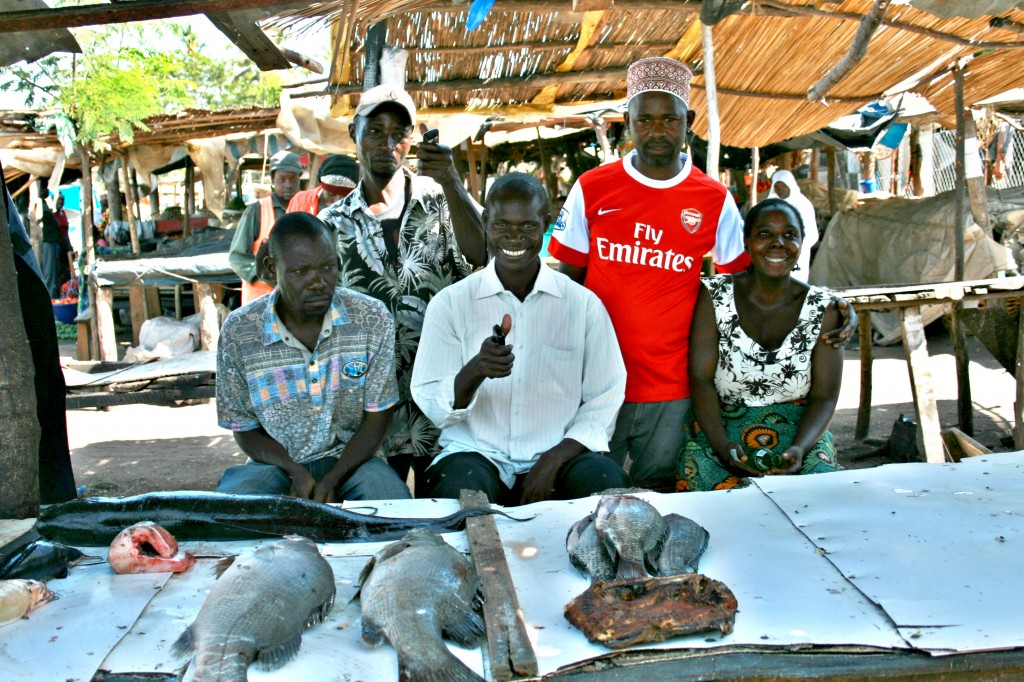The SELVA team found on our fieldtrip in March 2016, that subsistence communities are the majority of stakeholders in the lower Mara River Basin in Tanzania. Subsistence is an economic term that refers to when a person or people work to maintain themselves or support the community at the minimum level for survival. As mentioned in previous posts, the local people, mostly Kurya, keep livestock, farm, fish, and mine. While some describe subsistence as what people do to stay alive and exist, I find that this term can also be applied to those people and communities that do not exploit natural resources for gain, do not take more than necessary for themselves and their community, and as a result, live in a sustainable fashion. Subsistence markets exist, selling farming goods or fish and sometimes the exchanges are bartered rather than handled in cash. However, whether barter or cash, subsistence markets are usually closed economically: the money never enters the regional or national economies.
While some subsistence communities are also sustainable communities, this is not necessarily the case in the Mara River Basin. Population increases have put pressure on environmental resources at the subsistence level, but also external pressures from commercial fishing, farming, charcoal production, and mining added together are resulting in environmental degradation to the forests, soils, habitat, biodiversity, and of course, the water and make even a subsistence life impossible for some stakeholders.
Many subsistence cultures around the world are adapting and modifying traditional ways to cope with global changes in climate, weather, development-driven changes, and depleted or eliminated resources access due to overexploitation from commercial industries. This has been going on for the better part of a century. In the lower Mara River Basin conservation efforts are competing with local subsistence leaning on available resources. Locals reported to SELVA that they had some food and water insecurity for part of the year. In the mining area, local mining efforts are often deemed illegal, while a foreign mining company has mineral rights and access through an agreement with Tanzania’s national government. Mining waste has contaminated otherwise viable soils and water around the North Mara Mines, reducing further farmland and safe drinking water options. There is an economic compensation package in place with the North Mara Mines to the Tarime District, though it was not apparent where the money for infrastructure was going in the mining areas near to the Mara River. Though it was not immediately evident or obvious what local stakeholders will do to adapt to resources changes, some people reported changing from fishing livelihoods to farming full time.








Recent Comments